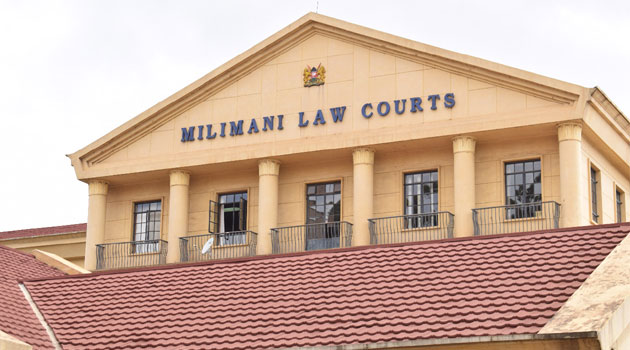The Salaries and Remunerations Commission (SRC) has filed a petition seeking to compel sitting judges to recuse themselves from the car grant case with the Judicial Service commission (JSC).
According to the commission, only retired judges should be appointed to hear the matter.
The commission through lawyer Peter Wanyama told Justice Chacha Mwita, Patricia Nyaudi and Lawrence Mugambi that the Judges cannot sit and determine a petition that will confer an economic benefit to them.
The lawyer said the matter can only be determined by three retired Judges of the Court of Appeal, appointed by the President, and drawn from the commonwealth.
“THAT the Honourable Judges presiding over this case, along with all other Judges in the Republic of Kenya, have a direct pecuniary interest in the outcome of the matter” Wanyama submitted.
Wanyama told the bench “ THAT justice must not be done but be seen to be done. It is a taboo in litigation for judges to determine a matter where they are the ultimate beneficiaries of the final decree.”
Wanyama further Submitted “THAT the potential impact on public perception and confidence cannot be overstated.”
He stated that allowing judges who have a direct pecuniary interest to preside over this case raises legitimate concerns on the judiciary’s fairness and impartiality which undermines the public’s trust in the judicial process.
The application for recussal was supported by the Attorney General through Emmanuel Binta who in his submission said that judges will not make an impartial decision of a petition pending before them.
He said the petition filed by Peter Gachuiri through Ongoya seeks a direct benefit for all judges. They will not at the final finding dismiss the same.
The petitioner through Ongoya told the bench that the court has always made decisions independently without interfearance and urged the bench to dismiss the recusal application.
Ongoya’s submission was supported by Judicial Service Commission Issa Mansur who tabled several authorities from the Court of Appeal and Supreme Court showing how judges have handled matters independently and without prejudice or biasness.
The bench will deliver their ruling on February 23. By John Osoro, Capital News






